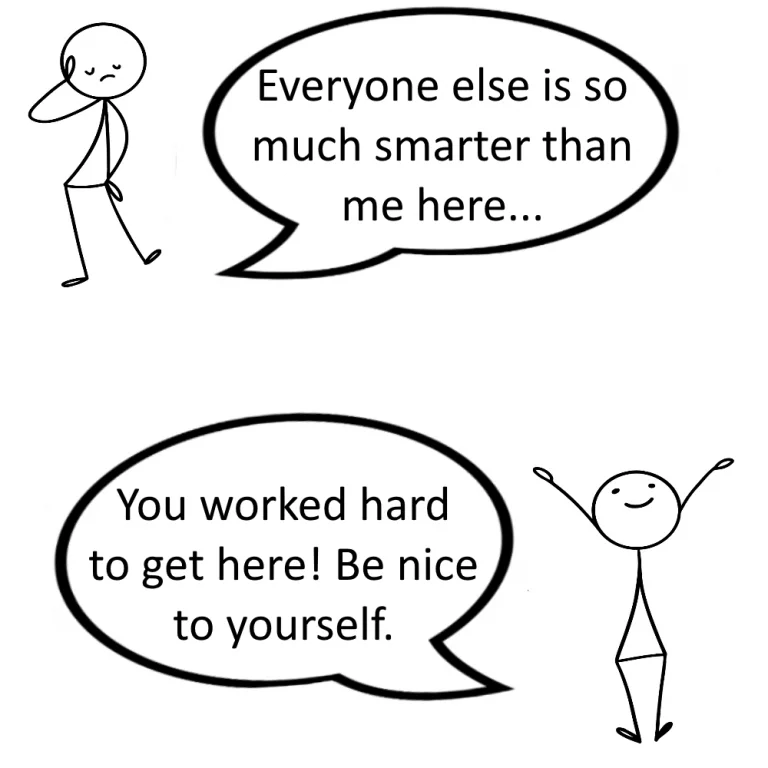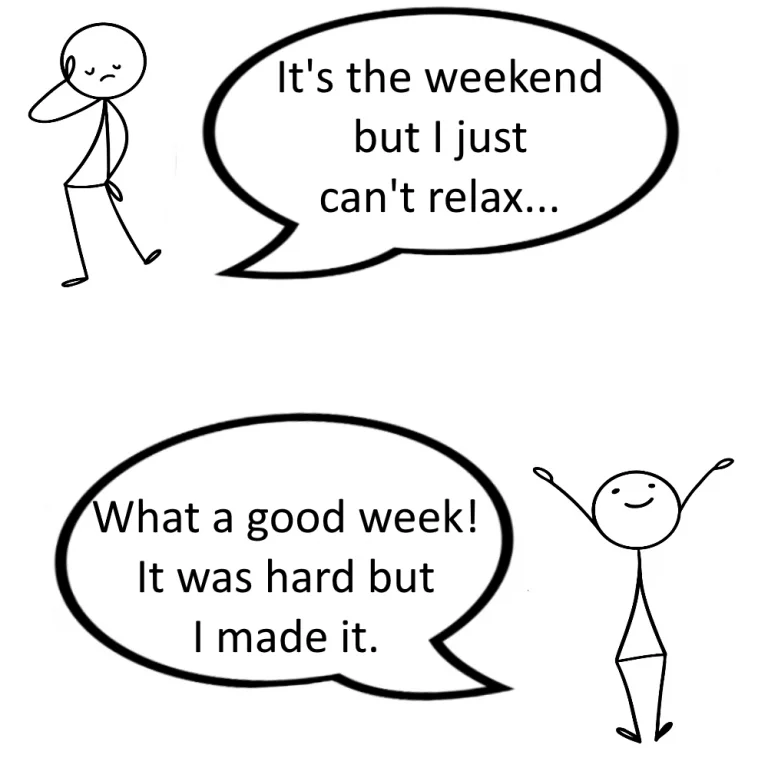
What Does Resilience Mean!
Resilience is the ability to bounce back, to rise again after falling or difficulties.
Being resilient does not mean avoiding difficulties.
It means working through pain and without compromising your mental health.
Our top-rated resilience courses take hundreds of people every year from shy and stressed to confident and resilient.
Building Resilience
Resilience is a skill. Resilience can be learned and developed.
It isn’t something that you have, or you don’t have, you develop resilience.
At work, we are faced with stress in too many forms.
Modern workplaces in recent times have been stressful places.
What makes people resilient is the ability to succeed despite the stress.
Resilience is what allows you to thrive despite stress, so knowing what causes you stress is the first step to overcoming it!
Once you learn about stress – your self-confidence will build in turn!

Developing Effective Resilience Strategies
Your level of resilience depends on your behaviours and attitudes to stress and pressure.
Resilient people “bounce back” from stressful situations, but they are also able to succeed in the face of adversity.
The ability to move forward after a setback or stressful situation is one of the keys to success.
Everyone will find that different techniques work differently for them.
It is a case of trying them out and figuring out what works best for you.
The techniques that people find most helpful are:
- Self-awareness
- Mindfulness
- Positive relationships
- Self-care
- Purpose
Let’s take a look at each in order.
Self-Awareness
Self-awareness means being aware of your thoughts, emotions, and reactions.
It is the ability to predict your responses to stress and adversity and handle them.
Self-awareness boosts your workplace resilience, understanding what effects you lets you start to overcome it.
Practice Mindfulness
Mindfulness is the idea of learning to be fully present, aware of your thoughts and feelings with no distraction or judgment.
By being mindful of what is happening now and separating it from how we feel, we can build resilience.
Doing this allows you to understand and control your emotions (to an extent!) rather than be controlled by them.
Develop Positive Relationships
Positive relationships are all about support.
Having a strong support system is integral to being resilient.
Taking time to build effective relationships with others will make you more fulfilled, supported, connected, and so resilient.
Practice Self-Care
You have to look after yourself if you are to deal effectively with what life throws at you.
Healthy people are resilient people.
Self-care is simply the act of taking time to look after yourself.
Many people spend more time maintaining their car than they do themselves, with predictable consequences
In health care, self-care is any necessary human regulatory function under individual control, deliberate, and self-initiated.
At it’s simplest, self-care can be very simple acts you practice daily, such as getting enough sleep time, eating healthy food, or exercising.
Know Your Purpose
Knowing your purpose is knowing your why.
If your actions are all in service of a large, exciting goal, then that makes the difficulties far easier to bear.
Without a why, the stresses and strains become far more difficult.
So try to relate yours actions to a larger purpose.
This could be faith, family, friends, saving the environment, or any else that is important to you.
Defining your purpose will help prevent imposter syndrome, and make the inevitable ups and downs far easier to bear.
Conclusion
Resilient people are the same as everyone else, they face stress every day and are affected by it.
The difference is that resilient people use coping strategies to manage stressful situations and face adversity.
They are aware of their triggers and know how to limit the effect they have on their mental health.
Their response to stress is what makes them resilient. They control their stress rather than the other way round.



